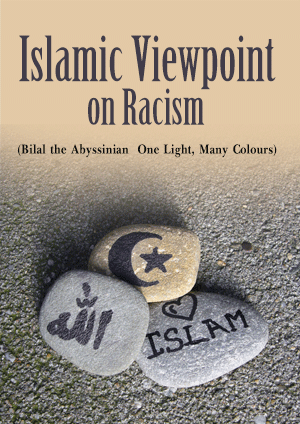
- Abdur-Rahman alSheha
- Muhammad AbdulRaoof
- 11579
- 2970
- 2955
Islamic Viewpoint on Racism (Bilal the Abyssinian – One Light, Many Colours)
Dr. Al-Sheha’s reverent examination of the life of the virtuous Bilal is buttressed by wholly engaging, scholarly commentaries on equality in Islam and unity of humankind. His writing is made more attractive by the power of simplicity as he deftly makes the liberating point, citing copious evidence from the Qur’an and the Sunnah of our Honorable Prophet (peace be upon him), that piety, or its lack, confers either honor or dishonor on each of us.
Expanding on this encompassing theme of equality, he firmly underscores both the necessity and the responsibility of equality under law (Shari`ah) which both rewards and punishes in equal measure, sanctifies the blood of the Muslim as well as his/her property and belongings, grants equal access to Allah’s bounties and rites of worship.
These principles, so firmly rooted in Islamic culture, are bedrock to the faithful and provide a tangible framework for the poignant story of Bilal, the model of faith and forbearance; Bilal, the calm, the resolute; Bilal, the companion of the Prophet; Bilal, the bane of Umayyah ibn Khalaf; Bilal, whom Dr. Al-Sheha reminds us, “honored not only Islam, but all humanity.” And of whom ‘Umar ibn al-Khattab (r), when speaking of Abu Bakr, Sheikh Al-Sheha further discloses, would say, “Abu Bakr is our master and the emancipator of our master.” These sentiments, among countless others affirming and reaffirming them, conferring the title of “Master” on a former slave, cast the notion of equality—in cellular form—within the Muslim ummah.
So that Islam, unlike other world religions, has not suffered the divisive contradiction of segregated worship, as is clearly witnessed daily in masajid, or mosques worldwide, where the ranks of prayerful believers assemble without regard to “race,” class or caste. Or where the annual hajj, or pilgrimage to the Muslim holy sites, the largest annual pilgrimage in the world, is a viable, vital testimony to the strength, the beauty of Muslim equality, unity and faith.
With this outstanding treatment of the life and social significance of Bilal ibn Rabah’s position within the Prophet’s contemporaries, even the most cynical of critics is cowed by Sheikh al-Sheha’s spirited accounts of the devotion to inclusion exemplified by Muhammad (p) and his Companions (r) as they established the first Islamic Republic based solely on the Qur’an and the Traditions of the Prophet (p), traditions which are firmly in place today and give lie, in the most basic and fundamental of ways, to crass charges of Muslims as “terrorists,” “Europhobic,” “misogynists,” and “tyrants.” On the contrary, Islamic culture, firmly rooted in equality and brotherhood, stands in the light of history as a way to Peace, both in this world, and in the world to come.
Truth is the enemy of hypocrisy. This latest work by Dr. al-Sheha, in casting light on the exemplary, humble life of Bilal ibn Rabah (r), honorable friend of the Prophet Muhammad (peace be upon him), lends itself to the continuing global dialogue to uphold the dynamic elements of the world’s fastest growing religion, and breathes life into the idea of piety as an achievable way of life.



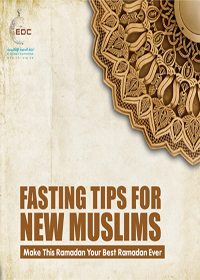
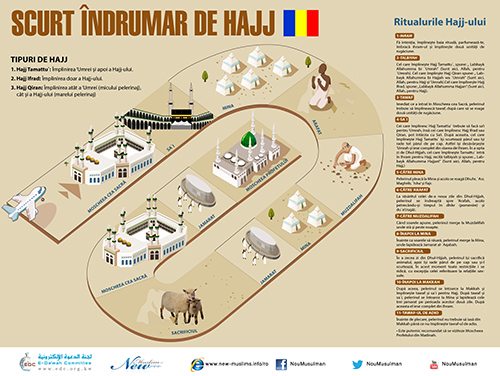

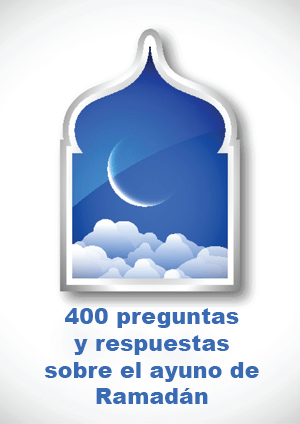
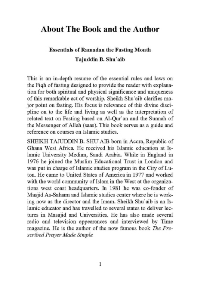


 Afar
Afar Afrikaans
Afrikaans Akan
Akan Albanian
Albanian Amharic
Amharic Arabic
Arabic Armenian
Armenian Assamese
Assamese Avari
Avari Azerbaijani
Azerbaijani Basaa
Basaa Bengali
Bengali Bosnian
Bosnian Brahui
Brahui Bulgarian
Bulgarian Burmese
Burmese Catalan
Catalan Chami
Chami Chechen
Chechen Chichewa
Chichewa Chinese
Chinese Circassian
Circassian Comorian
Comorian Czech
Czech Danish
Danish Deutsch
Deutsch Dutch
Dutch English
English Estonian
Estonian Finnish
Finnish French
French Fulani
Fulani Georgian
Georgian Greek
Greek Gujarati
Gujarati Hausa
Hausa Hebrew
Hebrew Hindi
Hindi Hungarian
Hungarian Icelandic
Icelandic Indonesian
Indonesian Ingush
Ingush Italian
Italian Japanese
Japanese Jawla
Jawla Kannada
Kannada Kashmiri
Kashmiri Katlaniyah
Katlaniyah Kazakh
Kazakh Khmer
Khmer Kinyarwanda
Kinyarwanda Korean
Korean Kurdish
Kurdish Kyrgyz
Kyrgyz Latvian
Latvian Luganda
Luganda Macedonian
Macedonian Malagasy
Malagasy Malay
Malay Maldivian
Maldivian Maranao
Maranao Mongolian
Mongolian N'ko
N'ko Nepali
Nepali Norwegian
Norwegian Oromo
Oromo Pashto
Pashto Persian
Persian Polish
Polish Portuguese
Portuguese Romani - gypsy
Romani - gypsy Romanian
Romanian Russian
Russian Serbian
Serbian Sindhi
Sindhi Sinhalese
Sinhalese Slovak
Slovak Slovenian
Slovenian Somali
Somali Spanish
Spanish Swahili
Swahili Swedish
Swedish Tagalog
Tagalog Tajik
Tajik Tamazight
Tamazight Tashamiya
Tashamiya Tatar
Tatar Thai
Thai Tigrinya
Tigrinya Turkish
Turkish Turkmen
Turkmen Ukrainian
Ukrainian Urdu
Urdu Uyghur
Uyghur Uzbek
Uzbek Vietnamese
Vietnamese Yoruba
Yoruba Zulu
Zulu